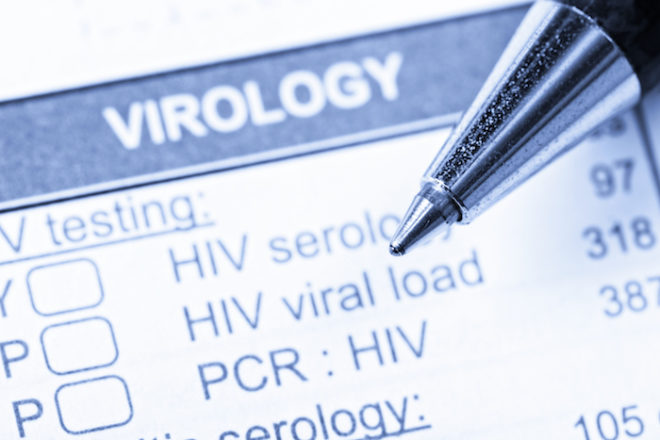
California’s outdated laws that criminalize and stigmatize people who are HIV positive will be reformed under a bill Gov. Jerry Brown signed into law today. Photo: iStock/RapidEye.
SACRAMENTO — California’s outdated laws that criminalize and stigmatize people who are HIV positive will be reformed under a bill Gov. Jerry Brown signed into law today.
“Today, California took a major step toward treating HIV as a public health issue, instead of treating people living with HIV as criminals,” Sen. Scott Wiener (D-San Francisco), one of the bill’s authors, said in a statement. “HIV should be treated like all other serious infectious diseases, and that’s what SB 239 does. We are going to end new HIV infections, and we will do so not by threatening people with state prison time, but rather by getting people to test and providing them access to care.”
The law will go into effect Jan.1, 2018.
RELATED: How California’s laws that criminalize HIV could be changed
REFORMING CA HIV LAWS
SB 239 updates California criminal law to treat HIV transmission the same way as transmitting other serious communicable diseases.
- It would make it a misdemeanor — instead of a felony — to intentionally expose someone to HIV
- It would repeal laws that require people convicted of prostitution for the first time to be tested for HIV
- It would repeal laws, such as Penal Code 647F, that allow a felony offense if the arrested sex worker tested positive for HIV in connection with a previous conviction
- It would allow re-sentencing or dismissal for people convicted under Penal Code 647f and require all records related to those convictions, arrests or charges be destroyed.
HIV CRIMINALIZATION
The law that criminalizes sex workers living with HIV does not require intent to transmit HIV or exposure to HIV.
Between 1988 and 2014, at least 800 people were arrested, charged or otherwise came into contact with the criminal justice system related to their HIV status, according to a study by the Williams Institute at the UCLA School of Law. Almost 400 people were convicted.
The study also found HIV criminalization laws disproportionately impacted women and people of color.
The bill fulfills a key goal of the National HIV/AIDS Strategy and is consistent with guidance from the Centers for Disease Control and Prevention and the U.S. Department of Justice.
REDUCING STIGMA
With the governor’s signature, California joins Iowa and Colorado as another state to modernize its discriminatory HIV laws.
“State law will no longer discourage Californians from getting tested for HIV,” said Assemblyman Todd Gloria (D-San Diego), the bill’s other author. “With the Governor’s signature today, we are helping to reduce the stigma that keeps some from knowing their HIV status and getting into treatment to prevent additional infections.”
The bill was supported by Californians for HIV Criminalization Reform, a broad coalition of people living with HIV, HIV and health service providers, civil rights organizations and public health professionals
FUELING LAWS WITH FEAR
In the late 1980s and 1990s at the height of the HIV epidemic, California lawmakers passed several laws that criminalized legal behaviors of people living with HIV or added HIV-related penalties to existing crimes. These laws were based on fear and limited medical understanding. When most of these laws were passed, effective treatments for HIV didn’t exist and discrimination against people living with HIV was rampant.
UNDETECTABLE = UNTRANSMITTABLE
Research now demonstrates that people living with HIV on effective treatment cannot transmit the virus to their partners. In essence, if the virus is undetectable, it can’t be transmitted.
Also, HIV-negative individuals can take medication, known as PrEP (pre-exposure prophylaxis), to reduce the risk of acquiring HIV by up to 99 percent.
